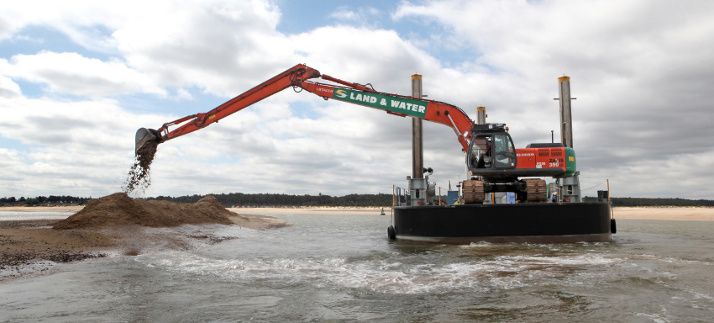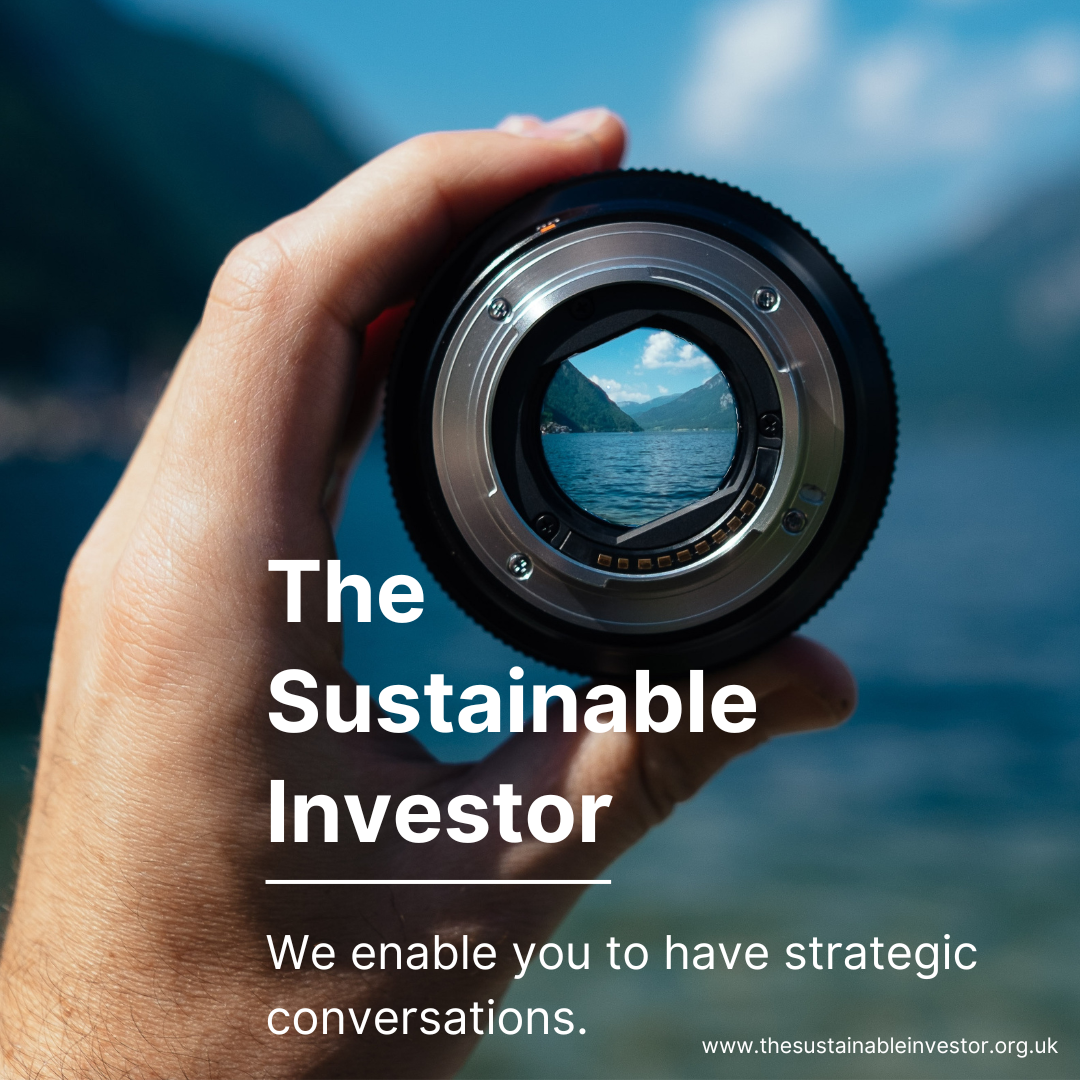
Transition as important as endgame for industrial revival
Industrial revival can sustain communities and provide infrastructure for new greener industrial processes and products. But how we get there is important.
Summary: Research suggests that pyridine, an industrial solvent used in manufacturing and a by-product of coking coal, dredged up during the widening of the Teesport shipping canal, could be to blame for thousands of dead crabs and lobsters washing up.
Why this is important: Industrial revival can sustain communities and provide infrastructure for new greener industrial processes and products. But how we get there is important.
The big theme: The transition to greener and more sustainable industries and way of life can require significant change and disruption. It is important to understand where that disruption may be contributing to the problem that the development of greenfield or redevelopment of brownfield sites are designed to solve. This could flag potential future liabilities.

The details
Summary of a story from The Conversation:
Thousands of crabs and lobsters that washed up on the north-east coast of England last year were either dead or dying. An initial report from the Department of Environment, Food & Rural Affairs (DEFRA) concluded that Harmful Algal Blooms (HABs) were to blame.
However, further research conducted by among others the University of York and University of Newcastle, suggest that pyridine, an industrial solvent used in manufacturing and a by-product of coking coal, could be to blame. It has been found to be highly toxic to crabs and could have been released by dredging being carried out to widen and deepen the Teesport shipping canal which released as much as 150,000 tonnes of sediment.
Although pyridine was found in the crabs examined by DEFRA’s Environment Agency, they did not detect it in the water samples taken, due to its highly volatile nature and water solubility, and hence dismissed it as a potential cause.
Why this is important
In this story the longer term aim is to regenerate and revive a once vibrant industrial area. However, is that coming at a cost to biodiversity? There is a risk of throwing the baby out with the bathwater. It is not the greening of industry that is causing the harm but rather the methods used to get there. In this case the dumping of dredged mud and rock.
This is not just a water-based challenge. With the rising urbanisation that we have discussed previously, the need for an increase in suitable housing is clear. Some of that will come from repurposing existing construction but new property will likely be needed too. In the UK, One Public Estate partnering with the Department for Levelling Up, Housing and Communities has provided funding for investments for new homes on derelict and underused brownfield land. Of the original £1.8 billion investment, £75 million was allocated under the first Brownfield Land Release Fund (BRLF) with a further £180 million set for release under BRLF2.
However, how brownfield sites are developed is key. Dealing with contamination, in particular, can be problematic and costly, with threats to human health, harm to fauna and flora, plus polluted groundwater. Investors need to understand measures undertaken by such projects to ensure liabilities are not created further down the line.
More broadly, looking at the green transition, there is much discussion about green technologies such as EV batteries and the environmental costs of moving to an electrified mobility future. In particular certain elements and the mining practices to secure them bring both an environmental and social cost. This is where technology plays a role. While problematic elements such as cobalt are currently needed for EVs there are new developments that could reduce the need within chemical batteries. More in a longer blog. However, governance plays an important role too in ensuring that the transition is a just and effective one.
Something a little more bespoke?
Get in touch if there is a particular topic you would like us to write on. Just for you.
Contact us
Please read: important legal stuff.

